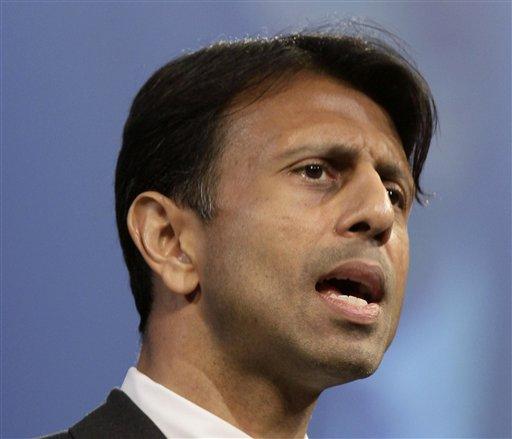Four states could join Connecticut, Iowa, Massachusetts, New Hampshire, New York and Vermont in legally accepting same-sex marriage on a state level when equal marriage rights come up for a vote this November.
But in 2004, Louisiana did the opposite and officially banned same-sex marriage through a state amendment vote.
Some rights conferred to married couples by law include hospital visitation, income tax deductions and joint parenting rights.
Joint parenting rights are “a big deal” in Louisiana right now, said Spectrum chair of communications and mass communication senior Katie Perry.
Perry said this is due to a court case involving a couple who legally adopted a Louisiana-born child in New York. They were not allowed to put both of their names on the birth certificate.
Perry said same-sex marriage is now firmly entrenched as a political issue, and in order for change to happen, it has to start on the level of a national law.
“If Obama wins this election, he’ll have the chance to choose two Supreme Court judges, and if they’re liberal, I believe legislation will be passed in my lifetime,” Perry said. “If Romney wins the presidency, there’s no way.”
On the state level, Louisiana Gov. Bobby Jindal spent some of September in Iowa campaigning against an elected judge who ruled in favor of equal marriage rights.
“It’s kind of ridiculous that it’s an issue,” said psychology freshman Teressa Sammartino.
Sammartino said as humans, everyone has rights, and marriage is one of them.
Psychology sophomore Allison Davis acknowledged the religious side of the issue, saying that politics play a role into it because it relates to a major religion.
The Rev. Bob Stine, pastor of Christ the King Catholic Church on campus, said allowing same-sex marriage would change the definition of marriage from “between a man and a woman,” and undermine the purpose of marriage. He said the purpose of marriage is to produce offspring.
“You’d have to say that marriage is just mutual love,” Stine said.
He went on to explain that a sterile couple can be an exception to this rule, since there is the possibility they could procreate through scientific advances.
“We’re willing to make one exception, but you have to be careful, or exceptions become the rules,” said Stine.





